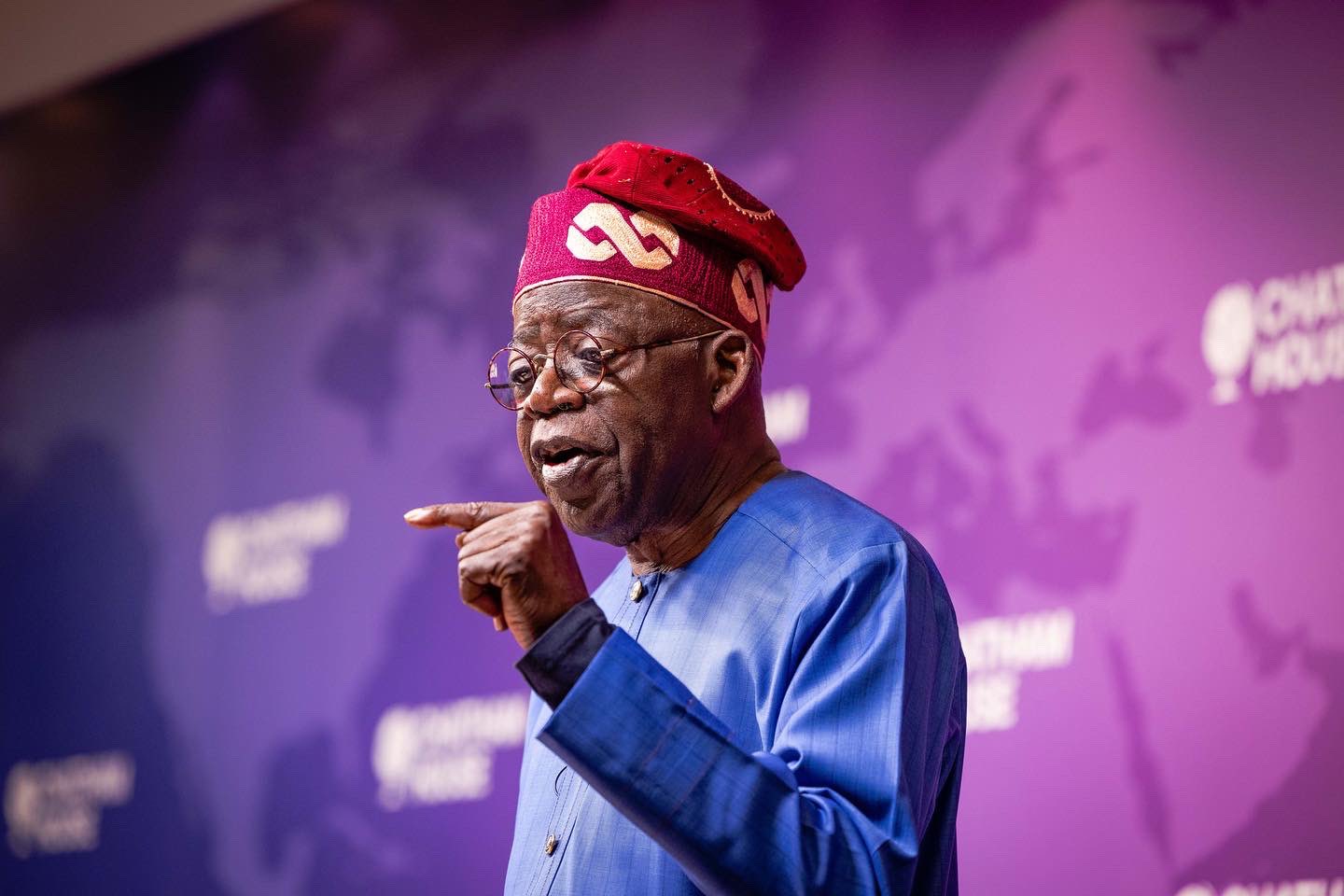With growing concerns over the safety of opposition candidates, supporters, and voters ahead of the upcoming general election, several Civil Society Organisations, CSOs, have threatened legal action against the ruling All Progressives Congress, APC, and its presidential candidate, Bola Ahmed Tinubu.
This comes on the heels of recent reports of targetted violence against ‘Obidients’ – supporters of the Labour Party presidential candidate, His Excellency Peter Obi.
On Saturday, February 11, 2023, Nigeria’s social media was awash with evidence of acts of violence directed at Obidients who were attending the party’s mega rally held at Tafawa Balewa Square, Lagos, a state where Tinubu and the APC hold sway.
Several dignitaries, including the Labour Party governorship candidate for Lagos State, Arch Gbadebo Vivour-Rhodes and a former Lagos State deputy governor, Senator Kofoworola Bucknor-Akerele, have condemned the many reports of attacks thugs allegedly sponsored by the APC.
The Socio-Economic Rights and Accountability Project, SERAP, a leading CSO, has, therefore, asked the International Criminal Court, ICC, to “promptly seek authorisation from the ICC Chamber to commence an investigation into the situation in Nigeria in relation to the growing cases of pre-election violence, which if not addressed may escalate and lead to post-election violence in the country.”
In a petition dated Saturday, February 11, 2023, signed by SERAP’s deputy director, Kolawole Oluwadare urged Mr Karim Khan, QC, Prosecutor of the ICC, to send the ICC legal team to Nigeria to promote free and fair elections in the country and gather potential proof of election-related violence before, during and after the general elections.”
The petition follows reports of election-related violence in several states, including Lagos, Rivers, and Kaduna. According to SERAP, over 4,000 violent attacks and 11,000 fatalities were reported across the country between January 1, 2022, and February 3 2023, alone.
“These cases reflect the gravest election-related crimes in several states ahead of the general elections,” SERAP wrote.
“Based on these cases and other similar cases and trends of election violence, we believe that opening an investigation into the situation in Nigeria will be in the interests of justice.”
“SERAP urges you to seek authorisation from the ICC Chamber to commence an investigation into the situation in Nigeria in relation to election-related violence that may be committed during and after the elections scheduled for February and March 2023,” the petition read.
“SERAP also urges you to identify the suspected perpetrators of election-related violence and those individuals who bear the greatest responsibility for encouraging or facilitating these crimes and to ensure their effective prosecution by the ICC.”
Quoting several articles of the Rome statute, SERAP explained the need for urgent action to forestall a breakdown of law and order as the election draws closer.
“These are not isolated acts, but part of growing cases of election violence, thus constituting crimes against humanity,” Oluwadare stated.
“The requested investigation is neither frivolous nor politically motivated. Cases of election-related violence are rarely investigated by the Nigerian authorities. Nigerian authorities are unwilling or unable genuinely to carry out the investigation or prosecution.”
“As a result, suspected perpetrators and those who encourage or facilitate their crimes continue to enjoy impunity. Victims continue to be denied access to justice and effective remedies.”
“It is necessary to ensure that any request for authorisation covers the investigation into ongoing and continuing election-related crimes during and after the elections, especially given the volatile political environment in the country and the entrenched impunity for these crimes.”
“The incidents of election-related violence strike at the integrity of the democratic process in the country, and undermine the right of Nigerians to participate in their own government.”
“Victims have been let down when it has come to the prevention and prosecution of these offences, largely because they are regarded as an accepted concomitant of elections in the country.”
“According to our information, opposition supporters are routinely targeted, attacked, beaten and ill-treated and subjected to other physical abuse. Violent attacks against political opponents or persons perceived to support the political opponents continue to be reported.”
“State governors continue to suppress campaigns by opposition parties within their states, and fail to ensure the security and public safety of opposition candidates, members and supporters.”
“These cases followed other growing reports of election-related intimidation, harassment and violence in several parts of the country, including Abia, Lagos, Imo, Kaduna, Kano and Rivers states.”
“Nigeria has a long history of election-related violence. Dozens of people were killed during the 2019 general election. In 2011, hundreds of people were killed in post-election violence,” SERAP added.
With barely two weeks to Nigeria’s general elections, cases of violence and intimidation have been recorded, especially with the growing profile and acceptability of Labour Party’s Peter Obi, whose candidacy is viewed by many as a refreshing option to Nigeria’s leadership debacle.







